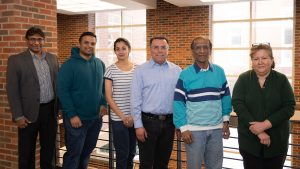
Jan. 29, 2026
Innovation gives scientists remote control of high end instruments
A major push by Mizzou Engineering researchers will make advanced instrumentation as accessible as cloud computing.
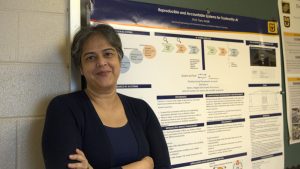
Nov. 18, 2025
Mizzou Engineering researcher advancing technology to reinforce scientific integrity
MizzouForward hire Tanu Malik is developing new tools that will enable the efficient and reliable reproduction of studies.
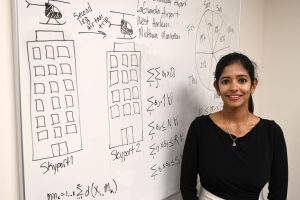
Oct. 30, 2025
Students leverage AI to design the future of urban mobility
An international, NSF-funded collaboration supports research and contributes to the development of a globally engaged workforce.

Oct. 24, 2025
Mizzou scholars spearhead multidisciplinary research on team dynamics, knowledge exchange
Here’s light-hearted take on a real doctoral retreat and how it might look as an article in a completely fictitious academic journal.

Oct. 13, 2025
Mizzou Engineering researcher aims to level the AI playing field
A visionary project would give academic researchers access to next-level computing resources to supercharge their work.
Oct. 9, 2025
MU Manufacturing Day Symposium paints a picture of regrowth
Manufacturing, especially of semiconductors, offers college students career opportunities and stability.
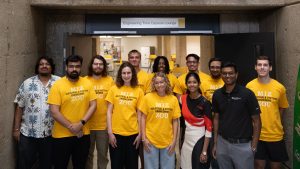
Sep. 4, 2025
Students apply AI to real-world challenges in Mizzou summer program
Undergraduates from across the country spent 10 weeks this summer taking part in the Research on Prescriptive Analytics for AI-enabled Operations Engineering REU.
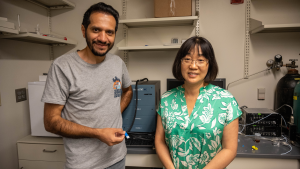
Sep. 3, 2025
Mizzou at the forefront of using hydrogen energy safely
A new super-sensitive sensor created at Mizzou can quickly detect hydrogen gas, helping prevent accidents and protect the environment.
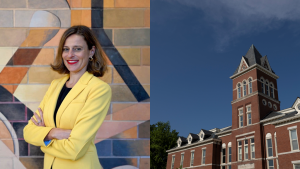
Aug. 19, 2025
Leveraging technology to transform engineering education
A $2.5 million collaboration between Mizzou and UConn aims to personalize learning for more engineering students.
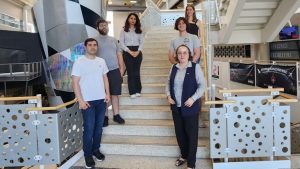
Aug. 5, 2025
Computer science major explores undergraduate research
This summer, Vince Paino took a deep dive into interdisciplinary research to discover ways artificial intelligence can better serve humanity.